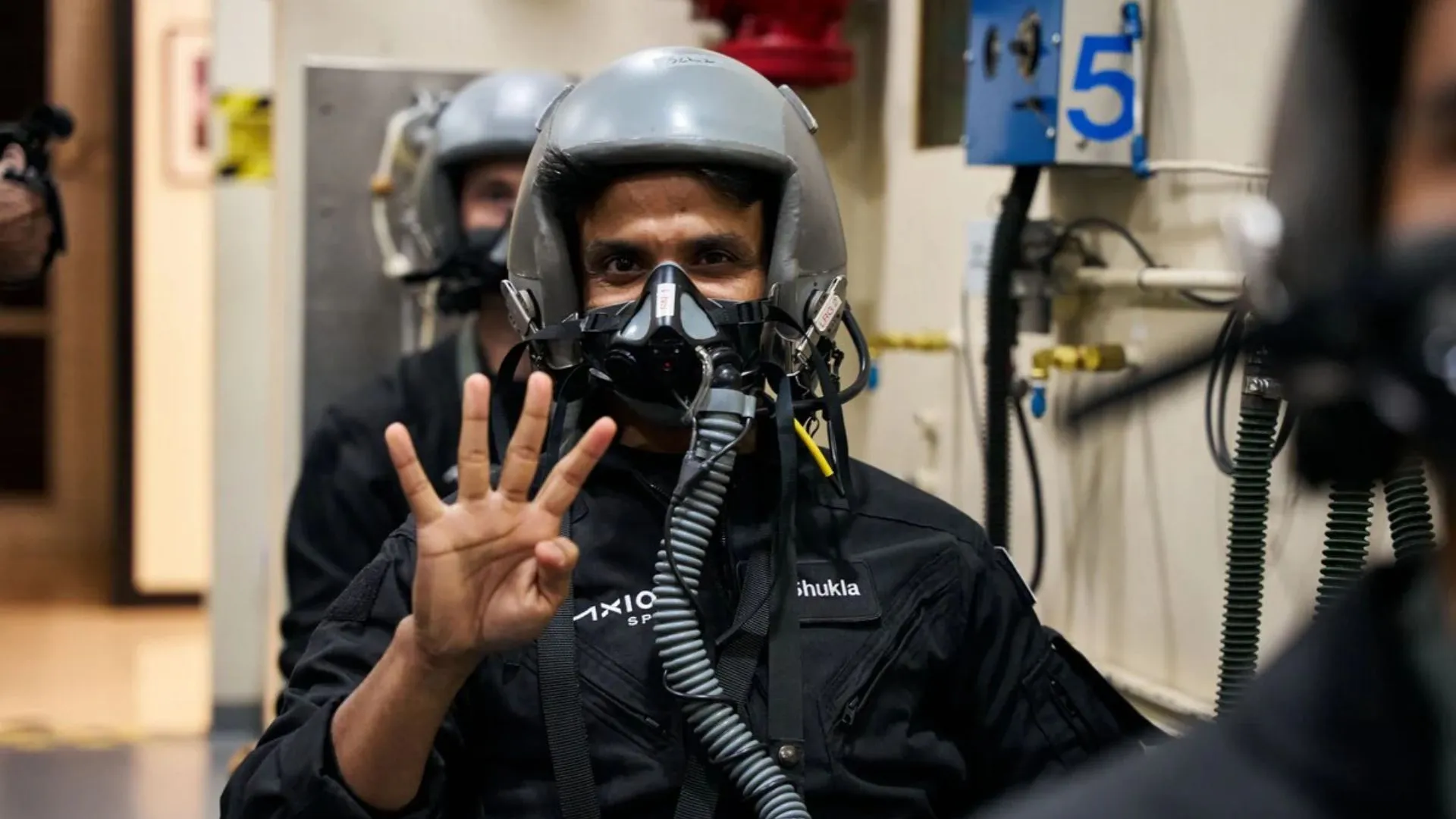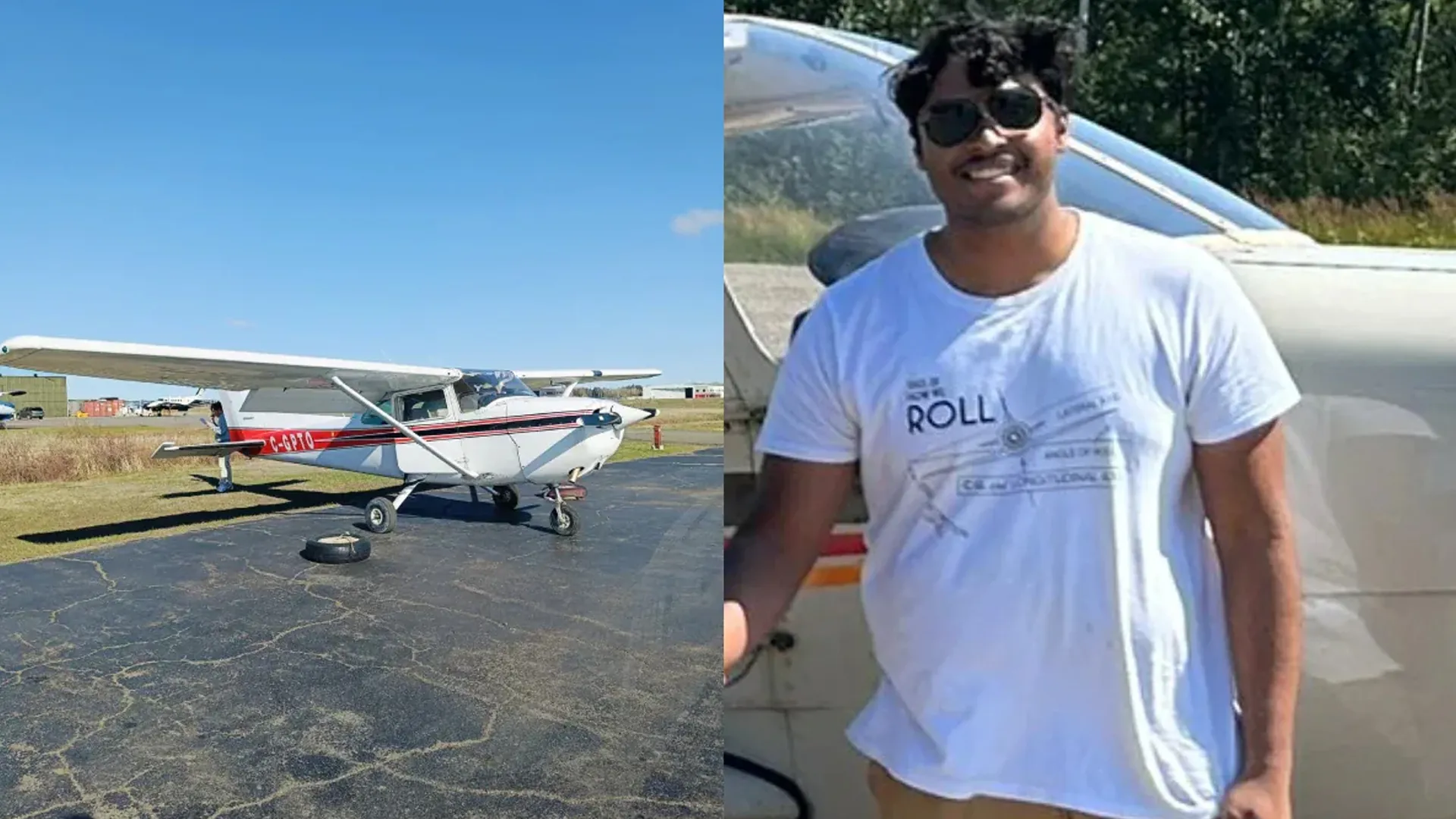Indian astronaut Shubhanshu Shukla began his pre-launch quarantine period along with three foreign crew members as they get ready for the next Axiom Mission-4 (Ax-4) to the International Space Station (ISS). Launch is planned on June 8 from NASA’s Kennedy Space Center onboard a SpaceX Dragon spacecraft.
Shukla to Make History as First Indian Pilot on ISS
Shubhanshu Shukla will be the first Indian to travel to the ISS, where he will pilot the vehicle. He will be joined by Peggy Whitson, a NASA veteran and Director of Human Spaceflight at Axiom Space, who will command the mission.
The crew also comprises two rookie astronauts: Slawosz Uznanski-Wisniewski of Poland, who is with the European Space Agency, and Tibor Kapu of Hungary.
Prior to heading into quarantine, the Axiom Space crew had a ceremonial sendoff. Shukla was optimistic, declaring, “I am sure this mission will be a success.”
Importance of Astronaut Pre-Launch Quarantine
Pre-launch quarantine is a critical safety measure intended to shield the crew and mission from any infections prior to liftoff. Within the enclosed environment of the ISS, a disease has the potential to risk the entire crew already on board, as well as the new team.
Immune systems of astronauts weaken in microgravity, leaving them open to infection, which highlights the significant importance of strict health practices prior to launch.
The #Ax4 crew is on their way to quarantine. Before they go, Axiom Space employees came together to celebrate. Crew Send-off is a tradition that pays tribute to the dedication and tireless efforts of staff prior to the crew embarking on their mission. From #TeamAxiom, Godspeed… pic.twitter.com/rzEsjL8utL
— Axiom Space (@Axiom_Space) May 25, 2025
What Happens During Astronaut Quarantine?
Typically lasting about 14 days, the quarantine confines astronauts and a limited support team to a controlled area near the launch site. During this period, they undergo daily health checks, practice strict hygiene, and limit contact with others.
Final mission preparations and briefings also occur in isolation to reduce exposure risks. Should any astronaut show symptoms of illness, they are isolated and monitored closely to safeguard the mission’s success.
Mission Calendar and Training
Aboard the ISS, the Ax-4 astronauts will perform 14 days of microgravity experiments, develop new technologies, and participate in public outreach. To get them ready, the astronauts received extensive training at NASA’s Johnson Space Center, the European Space Agency’s Astronaut Center in Germany, and other SpaceX centers. They trained on mission systems, simulation, and emergency response.
This mission is a historical landmark not just for India but also for Poland and Hungary. It is India’s first human spaceflight since Rakesh Sharma’s 1984 flight aboard a Russian Soyuz vehicle.





















